
Vertu Academia: The Rise of Web 3.0 Phones

Web 3.0 represents the next generation of the internet, characterized by decentralized systems, increased user control over data, and enhanced interoperability. Unlike its predecessors, Web 3.0 aims to provide a more secure and private online experience, especially in the realm of communication.
To fully embrace the potential of Web 3.0, it necessitates devices that are designed to align with its principles, prioritizing user privacy and security over traditional models.
Comparing Traditional Smartphones and Web 3.0 Phones:
Traditional smartphones often rely on centralized servers for data storage and processing, making them susceptible to single points of failure and potential security breaches. In contrast, Web 3.0 phones leverage decentralized technologies like blockchain to distribute data, mitigating the risks associated with centralization.

While traditional smartphones may offer encryption features, Web 3.0 phones prioritize end-to-end encryption as a fundamental aspect of communication. This ensures that only the intended recipient can access the information, minimizing the risk of unauthorized interception.
Web 3.0 phones utilize advanced identity and authentication mechanisms, such as decentralized identifiers (DIDs) and verifiable credentials. These technologies enhance security by reducing the reliance on centralized authorities and enabling secure, tamper-proof digital identities.

As the Web 3.0 landscape matures, certain brands are emerging as pioneers in prioritizing privacy and security. VERTU, renowned for its luxury smartphones, is poised to lead this revolution. By integrating cutting-edge technologies into their devices, VERTU can set new standards for secure communication, catering to a discerning audience that values both luxury and digital privacy.


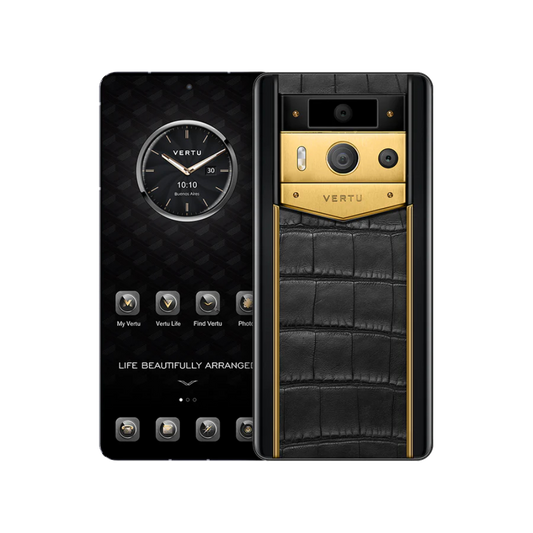

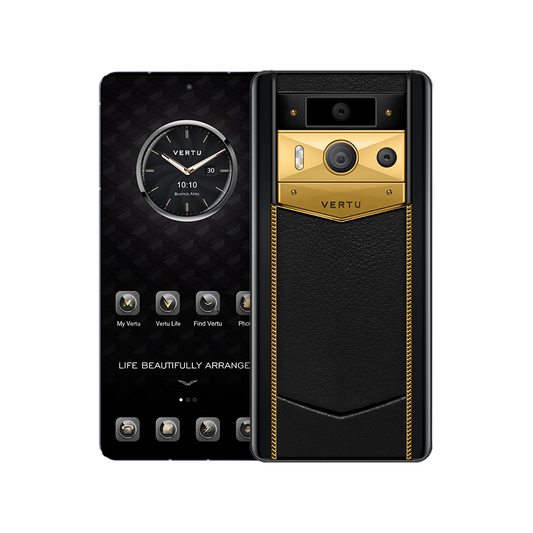
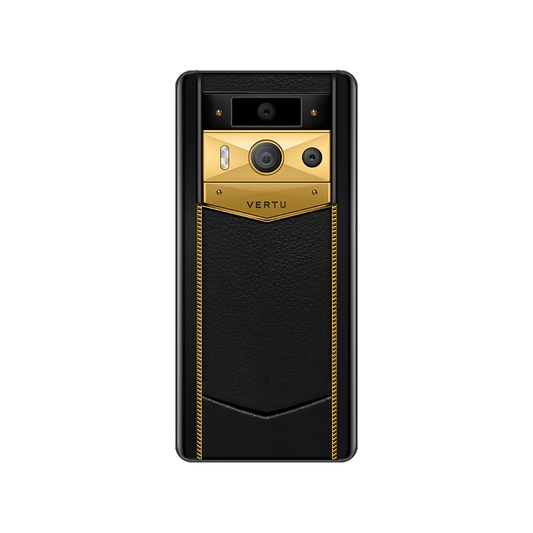




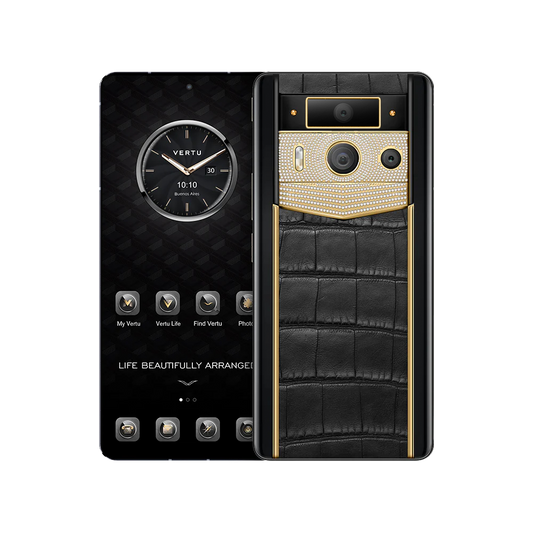
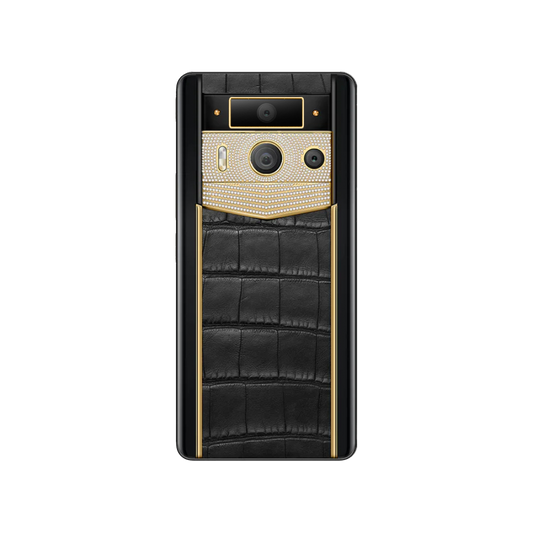

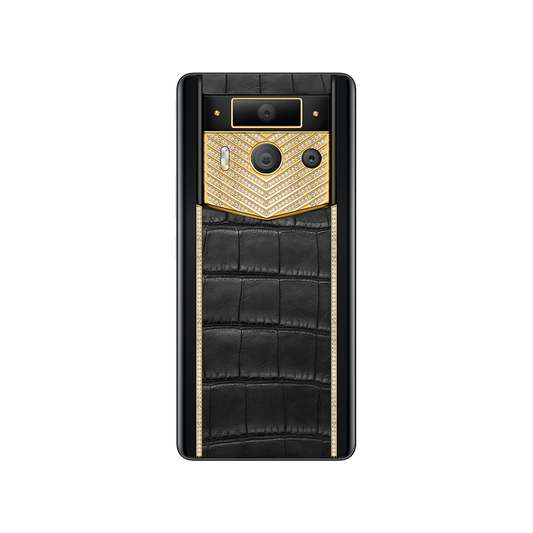



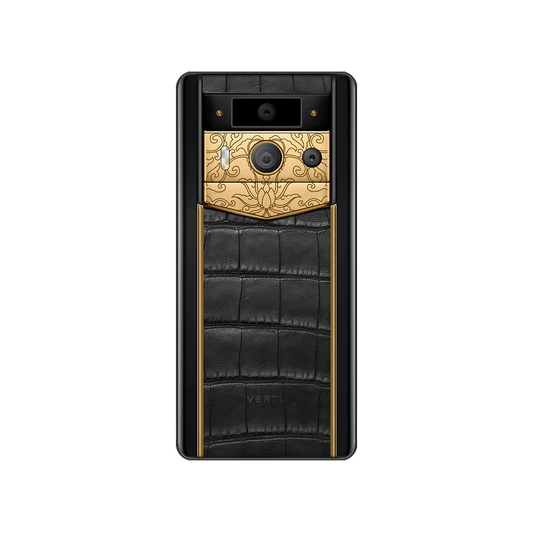






No comments